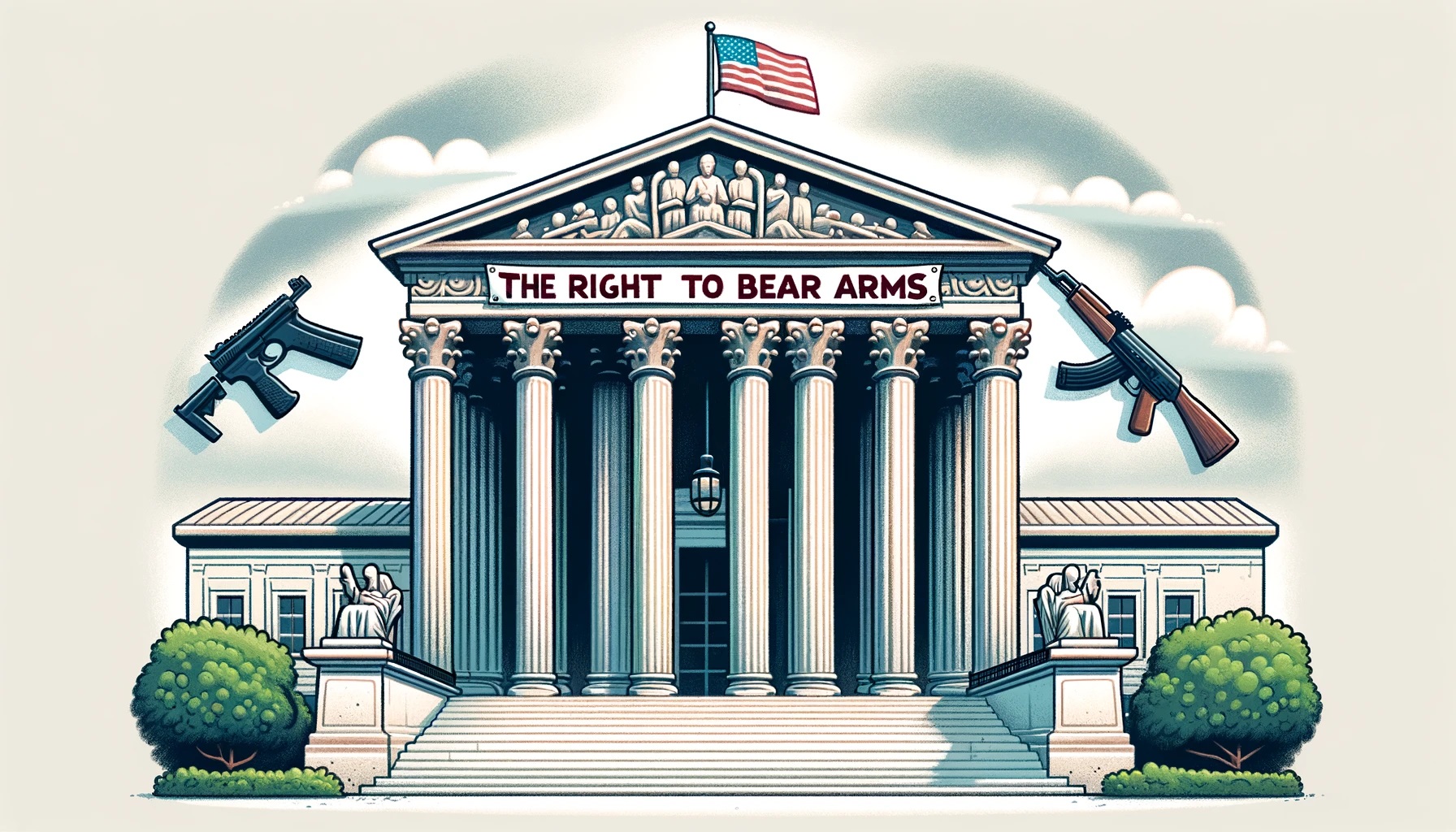
Restraining orders deprive defendants of their right to possess firearms. They are very easy to get, even against defendants not so violent as Zackey Rahimi, who roughed up his girlfriend and mother of his young child, then fired a gun—at the girlfriend or a bystander was not clear. The girlfriend got a two-year restraining order against Rahimi, which prohibited him from possessing a gun. He then proceeded to serially violate the order, engaging in at least five additional shootings.
But his facial challenge to the federal restraining order statute, 18 U.S.C. §922(g)(8), raised an important question under New York State Rifle & Pistol Assn., Inc. v. Bruen, 597 U.S. 1 (2022), which requires statutes that deprive Second Amendment rights to have a “historical analogue” in the history and tradition of the nation’s firm regulation. “Historical analogue” means “relevantly similar,” not identical.
Chief Justice Roberts, writing for an 8-1 majority in United States v. Rahimi, No. 22-915 (Jun. 21, 2024), held that a restraining order statute that applies to defendants who present a “credible threat” of “physical violence” to an individual is analogous to historical laws requiring individuals suspected of engaging in future misbehavior to post a bond, and to public nuisance laws that prohibit people from “riding or going armed, with dangerous or unusual weapons, [to] terrify[ ] the good people of the land.”
But beyond protecting against physical violence, the majority rejected the contention that a person may be disarmed simply for not being “responsible," noting that "responsible" is too vague a term. This may be significant in the context of California laws, which permit restraining orders—with similarly broad deprivations of Second Amendment rights—under a subjective standard even without any threats of physical violence. E.g., Parris J. v. Christopher U., 96 Cal.App.5th 108, 116 (Cal. Ct. App. 2023) (”Behavior that may be enjoined under section 6320 includes … ‘…destroy[ing] the mental or emotional calm of the other party.’”) Whatever might be meant by a subjective sense of “mental or emotional calm,” I would not expect to get eight votes to support deprivation of Second Amendment rights merely to protect it.
Dissenting, Justice Thomas thought that the historical example of subjecting a defendant to a monetary penalty by requiring a bond was too far a cry from the broad deprivation of the right to bear arms, particularly without any criminal charge or jury trial. And he thought that a nuisance law against public mayhem also was not analogous to a statute to protect a single individual.
Then there were five concurring opinions, each expressing a slightly different gloss on Bruen.
The important takeaway is that Bruen does not require a "historical twin" but merely a "historical analogue." Recent precedents have misread Heller and Bruen, and the high Court clarifies here that these cases “were not meant to suggest a law trapped in amber.”